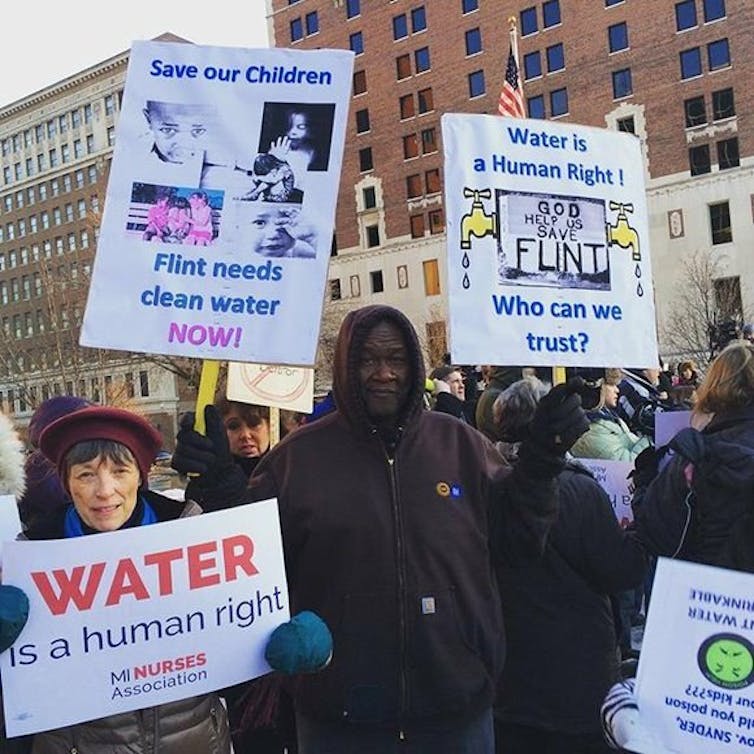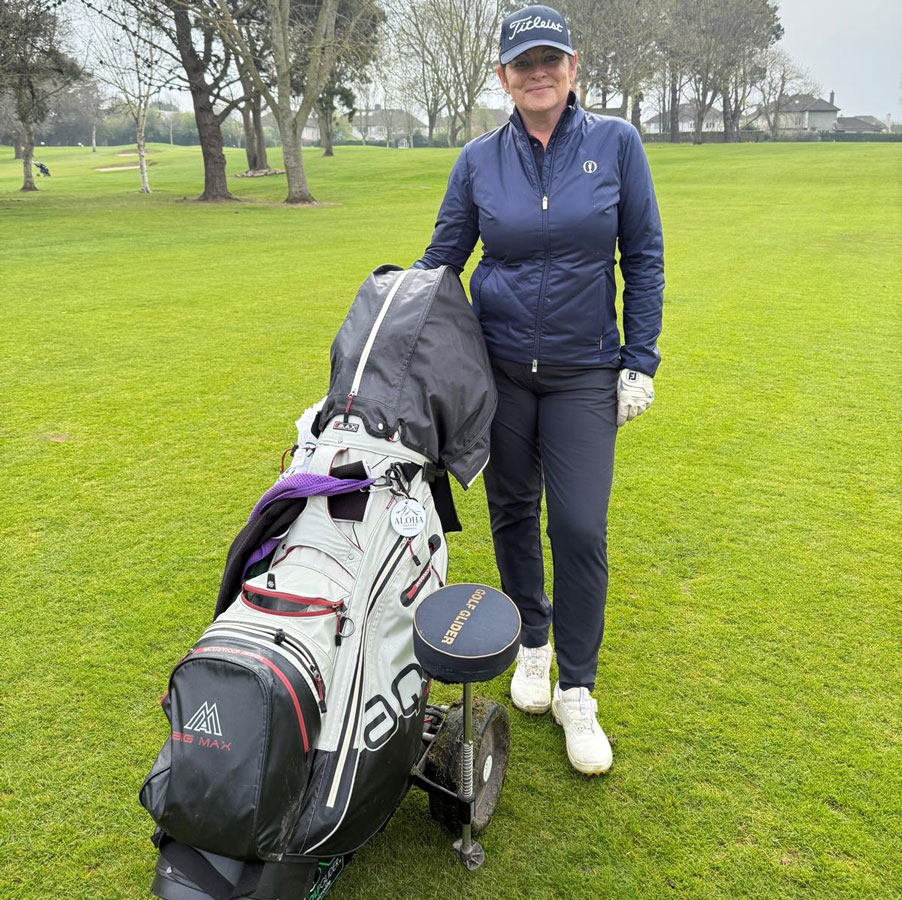Теплоснабжение: central heating
A couple of weeks ago there was a major accident in Siberia that left hundreds of homes in Russia without heat for weeks. It happened in particularly cold weather — of course it did, because закон подлости (Murphy's law) is the only law that still works perfectly in Russia today. As a result, we saw dramatic footage of stairwells with shimmering ice cascades, children dressed like stuffed animals huddling around the (dangerously) open door of an oven, and elderly folk wrapped in blankets and weeping.
Because this will happen again, and because I’ve had extensive experience with somewhat less dramatic heat and water outages, I thought it might be helpful to do a little explainer. This way you’ll be prepared to translate or deal with the next disaster.
First a few key acronyms.
At the top of the heat-producing entities is ТЭЦ, aka теплоэлектроцентраль (central heating and power plant); or ТЭС, aka тёпловая электрическая станция (thermal station, heating plant); or perhaps even in some places АСТ, aka атомная станция теплоснабжения (nuclear-powered heating plant).
These enormous plants produce heat and hot water. They are generally owned by another acronym-entity like, in the case of recent disasters, СГК, aka Группа “Сибирская генерирующая компания” (the Siberian Generating Company Group).
At the bottom of the heat-producing system is ЖКХ — жилищно-коммунальное хозяйство (housing and communal services board) and УК — управляющая компания (management company). These are the folks you pay to make sure there is heat and hot water in your house and apartment.
As a consumer you need to know all these entities, although in practice you almost never have dealings with them. You just pay them. If there is a problem, all of your attempts to get heat back in your apartment will be focused on a guy named Саша (Sasha), the local слесарь (plumber), whose skills with ancient pipes and radiators are mysteriously and miraculously unaffected by the phenomenal amount of alcohol he drinks.
But back to теплоснабжение (central heating, heat supply).
Every year, usually in early October, there is a pleasant little gurgle in the pipes that heralds the start of отопительный сезон (the heating season). This first little bit of water sent through the pipes is what they call периодическое протапливание (periodic partial heating). It is intended to let you make sure your radiator — usually called батарея, sometimes радиатор — is functioning and not leaking.
A few days later they turn on регулярное отопление (regular heating). That is usually a more or less set date, but they can turn it on early “если среднесуточная температура в течение 5 дней держится ниже 8°С” (if the average daily temperature is less than 8 degrees Celsius — about 46 degrees Fahrenheit — for five days”). Residents take this seriously, counting out the days and checking thermometers. By day four you will have been sleeping under all your blankets, gotten used to cooking while wearing a wool hat and fingerless gloves, and spent an appalling amount of money on electricity to support several space heaters.
Sometimes at this time of year a great sadness descends on your apartment. All your neighbors are happily walking around in T-shirts while you’re still wrapped up in shawls and blankets. One of your radiators is stone cold. This is when you have to call Sasha-the-plumber to take care of the dreaded воздушная пробка в системе отопления (air block or air bubble in your heating system). In English you bleed the radiator; in Russian you спустить воздух из радиатора (release the air from the radiator). Sasha will instruct you to bring a таз or тазик (a basin, large or small). Bring towels (he’ll forget to tell you). Воздух начнёт с шипением выходить (The air will begin to leave with a hiss). Then there will be a blast of water. Clean up the mess, pay Sasha. Problem solved.
Except when there is авария (an accident).
In Russian this is the laconic произошла авария (an accident occurred) even though без отопления остались 100 домов, 13 школ и больниц (100 apartment houses, 13 schools and hospitals were left without heat). It is sometimes very dramatic: фонтан кипятка поднялся до уровня седьмого этажа (a fountain of boiling hot water flew up to the seventh floor).
Most of the time the problem is a break in the pipe main, called теплотрасса — a combination of the Russian word for heat (тепло) and German word for line or route (Trasse). It might also be called магистральный трубопровод (mainline).
There are two ways to describe burst pipes in Russian. The first is a bit curious: you don’t say that the pipe ruptured, you say that [it] ruptured the pipe, with the source of the rupture unstated: В жилом доме прорвало трубу с горячей водой (A hot water pipe burst in an apartment building). It’s as if the rupture or break is a neuter Thing that first wrecks the pipe and then wrecks your apartment: Прорвало трубу и затопило квартиру (A pipe burst and flooded the apartment).
The second way is less official: лопнуть (to burst, break apart). This is a marvelous verb that should be in everyone’s vocabulary, since it can be to describe anything that bursts, pops, or breaks, from pipes to veins, patience, dreams, schemes, balloons, pride, envy and companies. При неправильном исполнении этого метода могут лопнуть батареи отопления (If you don’t use the method right the radiators might burst). Финансовый пузырь может в любой момент лопнуть (The financial bubble might burst at any moment). Ты готова лопнуть от гордости за первые шаги и слова ребёнка (You’re ready to burst with pride over your child’s first steps and words). Какая чудеснейшая история; просто лопнуть со смеху можно (What a marvelous story – you could bust a gut laughing!)
Definitely better to bust a gut laughing than to clean up after a burst pipe.


















 English (United States) ·
English (United States) ·